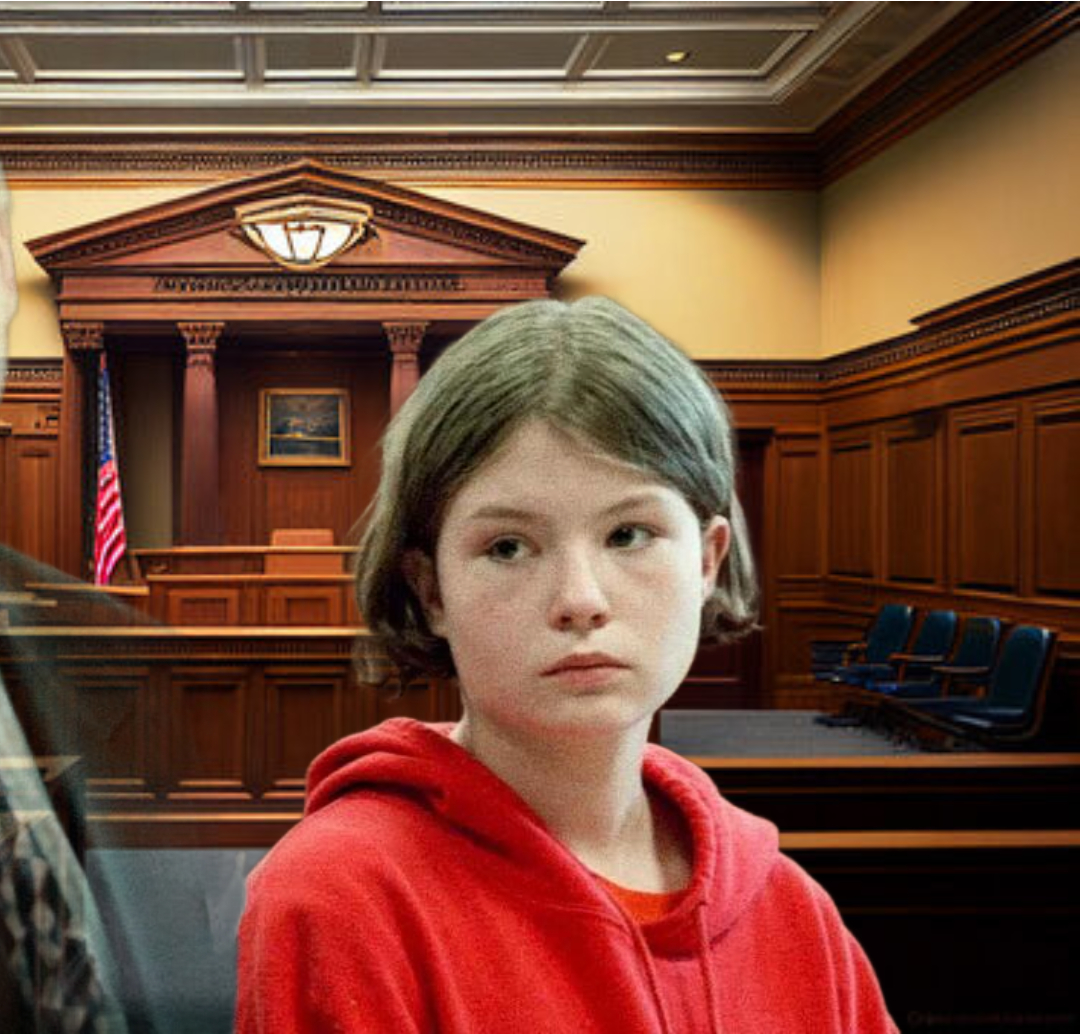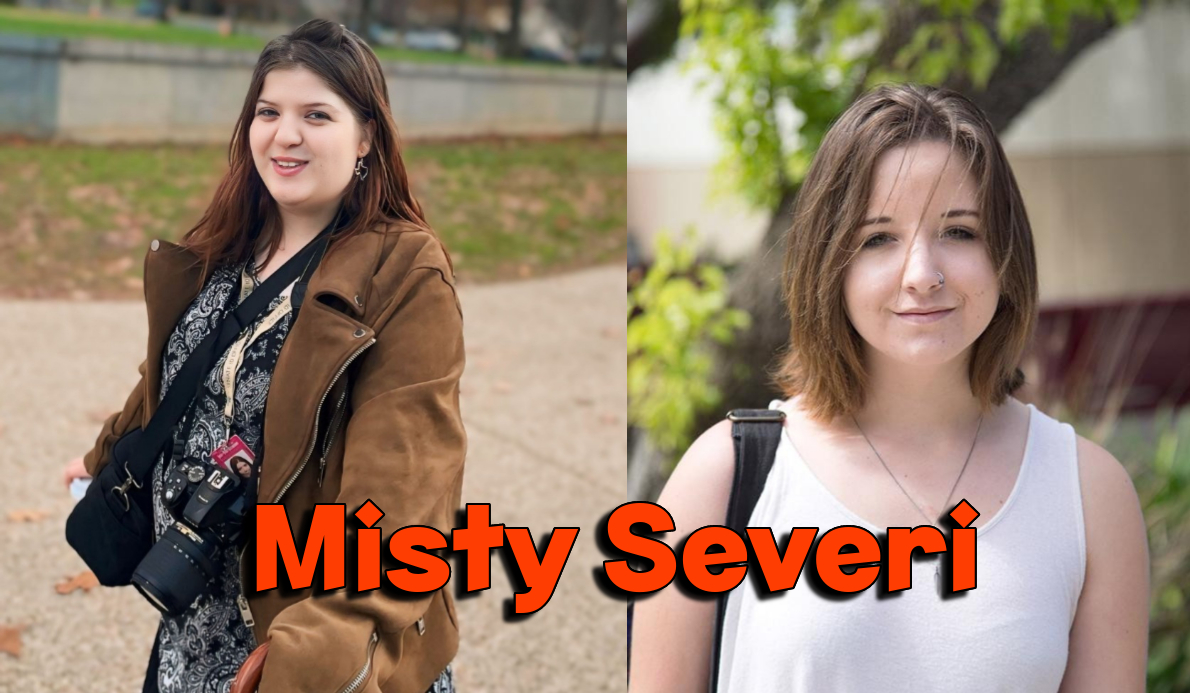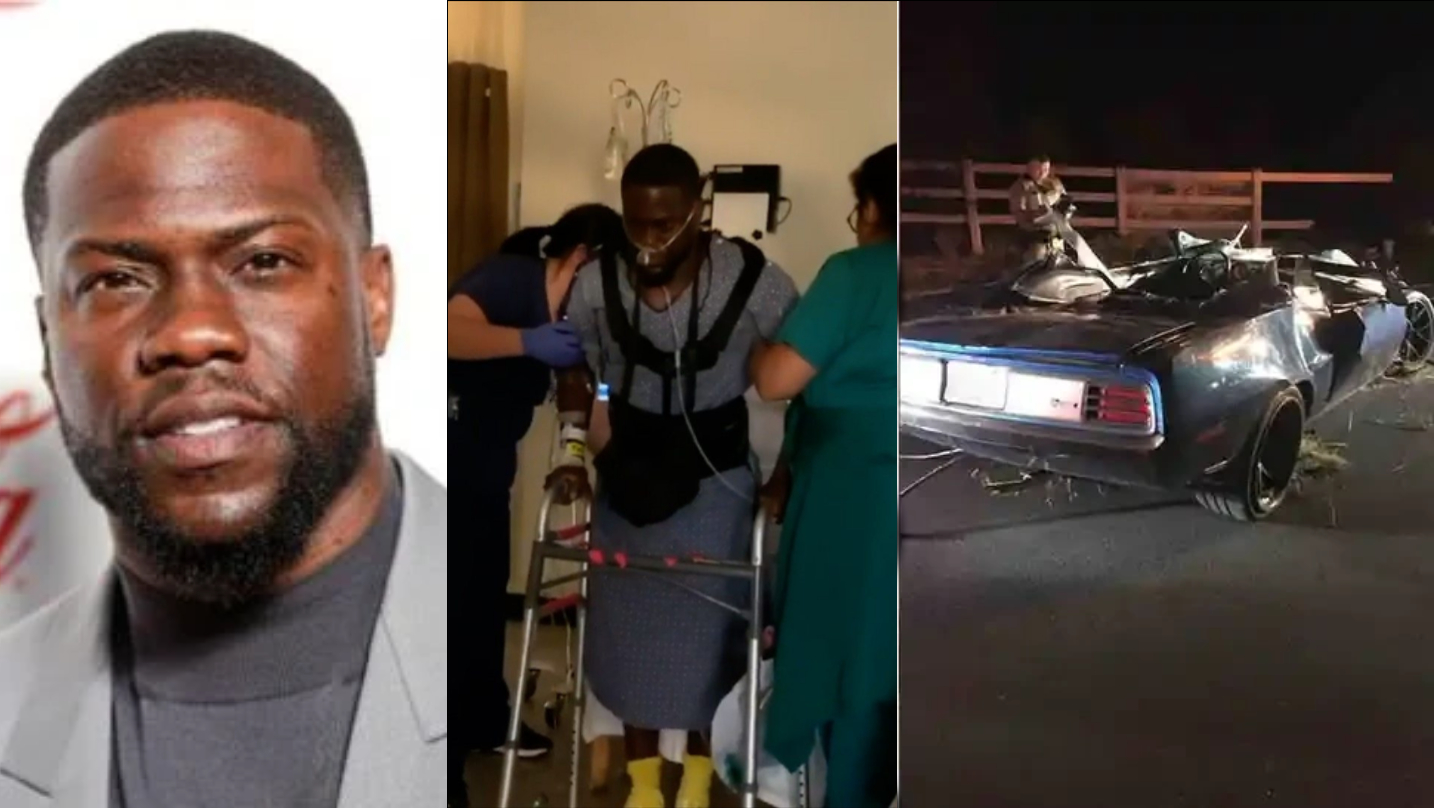Daphne Abdela
Daphne Abdela is a name that evokes intrigue, controversy, and a stark reminder of the consequences of misguided actions. Known primarily for her involvement in a high-profile crime in the 1990s, her story is a chilling tale of privilege, rebellion, and the tragic fallout of youthful missteps. This article delves into her background, the crime that brought her notoriety, and the broader lessons society can draw from her story.
Early Life of Daphne Abdela
Daphne Abdela was born into a life of privilege and opportunity. The daughter of a wealthy New York City wine merchant, she had access to the best educational institutions and a comfortable lifestyle. However, behind the veneer of affluence lay a troubled adolescence. Reports suggest she struggled with feelings of alienation and rebellion, common challenges for teenagers but amplified by the pressures of her affluent surroundings.
From a young age, Abdela exhibited behavior that concerned her family and peers. Friends described her as charismatic yet prone to reckless and attention-seeking actions. The lack of a strong support system to address these underlying issues may have contributed to the decisions that would later shape her life.
The 1997 Murder of Michael McMorrow
The event that etched Daphne Abdela’s name into public consciousness occurred on May 22, 1997. Along with her then-boyfriend, Christopher Vasquez, Abdela was implicated in the gruesome murder of Michael McMorrow, a 44-year-old man they met in New York City’s Central Park. The details of the case are shocking and highlight the dark spiral of poor choices that culminated in tragedy.
Abdela and Vasquez befriended McMorrow on a spring evening. Accounts suggest that what began as casual interaction quickly escalated into a violent confrontation. Vasquez stabbed McMorrow multiple times, and the couple attempted to dispose of his body by throwing it into the park’s lake. Abdela’s role in the crime, whether as an instigator or passive accomplice, became a focal point of public and legal scrutiny.
Media Frenzy and Public Reaction
The crime attracted massive media attention, not only because of its brutality but also due to the profiles of those involved. Abdela’s privileged background juxtaposed with her involvement in such a heinous act fueled endless debates in tabloids and news outlets.
Public opinion was sharply divided. Some viewed Abdela as a manipulative figure who exploited her charm and privilege, while others saw her as a troubled teenager caught in circumstances beyond her control. This duality in perception reflects broader societal questions about privilege, accountability, and juvenile culpability.
The Trial and Sentencing
The legal proceedings that followed were just as high-profile as the crime itself. Abdela was charged with second-degree murder and other related offenses. However, in a plea deal, she was convicted of manslaughter and sentenced to 10 years in prison. Vasquez, who admitted to carrying out the stabbing, received a longer sentence of 25 years to life.
The court proceedings brought to light unsettling details about Abdela’s life and mindset. Prosecutors painted her as a manipulative individual, while her defense argued that she was a vulnerable teenager who lacked the maturity to grasp the full extent of her actions. The case reignited debates on the justice system’s treatment of juvenile offenders, especially those from privileged backgrounds.
Life After Prison
Daphne Abdela served approximately seven years of her 10-year sentence before being released on parole. Since her release, she has largely stayed out of the public eye, reportedly attempting to rebuild her life in anonymity. The lack of substantial public information about her post-prison life suggests a deliberate effort to avoid the spotlight and focus on rehabilitation.
The Role of Privilege in the Case
One of the most contentious aspects of the Daphne Abdela case was the role her privileged background played in both the crime and its aftermath. Critics argued that her family’s affluence allowed her to secure high-profile legal representation and possibly a more lenient sentence than a less privileged individual might have received.
This case exemplifies the broader societal issue of how privilege can influence judicial outcomes. While it is crucial to consider the individual circumstances of each case, the perception of unequal treatment can erode public trust in the justice system.
Lessons from the Daphne Abdela Case
The story of Daphne Abdela offers valuable lessons on multiple fronts:
1. The Importance of Early Intervention
Abdela’s troubled adolescence underscores the need for early intervention in addressing behavioral and psychological issues. Schools, families, and communities play a critical role in identifying and supporting at-risk youth before their struggles manifest in destructive ways.
2. Accountability for Actions
While Abdela’s age and background may have influenced her behavior, her case serves as a stark reminder that actions have consequences. Understanding the gravity of one’s choices is a lesson that must be instilled early in life.
3. Addressing Privilege in Justice
The case also highlights the disparities in how the justice system treats individuals based on their socioeconomic status. Advocating for fairness and transparency in judicial proceedings is essential to ensure that justice is truly blind.
4. Rehabilitation and Redemption
Finally, Abdela’s efforts to stay out of the limelight and rebuild her life post-incarceration demonstrate the potential for rehabilitation. Society must balance accountability with opportunities for redemption, allowing individuals to learn from their mistakes and contribute positively.
The Broader Cultural Impact
The Daphne Abdela case is more than a story of crime and punishment; it reflects societal dynamics that resonate to this day. It forces us to examine how privilege, media narratives, and public perception shape our understanding of justice. It also challenges us to consider how we can create systems that prioritize prevention, fairness, and rehabilitation.
Conclusion
Daphne Abdela’s life is a complex tapestry of privilege, poor choices, and redemption. While her actions led to devastating consequences, her story serves as a cautionary tale about the fragility of youth and the importance of accountability. By learning from her experiences, society can better address the systemic issues that contribute to similar tragedies, ensuring that fewer lives are derailed by the mistakes of adolescence.










